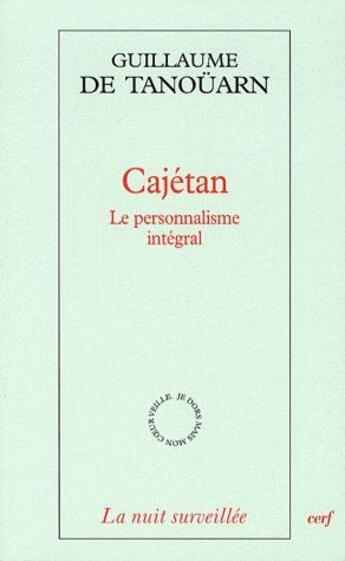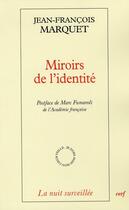Résumé:
Cajétan (1469-1534) a vécu une époque de crise tous azimuts : humanisme d'Érasme, antihumanisme de Luther, revendication des États face à l'Église. Dominicain, brillant représentant de la " Via thomistica ", il propose à la vieille scolastique de se renouveler de fond en comble, en offrant, pour... Voir plus
Cajétan (1469-1534) a vécu une époque de crise tous azimuts : humanisme d'Érasme, antihumanisme de Luther, revendication des États face à l'Église. Dominicain, brillant représentant de la " Via thomistica ", il propose à la vieille scolastique de se renouveler de fond en comble, en offrant, pour la première fois, un développement cohérent de ce que Heidegger appelait " la fameuse théorie de l'analogie ". Au lieu d'y voir, comme la plupart de ses devanciers, un modèle purement logique, voire rhétorique, il développe, de manière consciente une métaphysique de l'analogie qui se formule comme un personnalisme intégral. Dépassant le naturalisme grec, récusant la tentation de l'univocité que représente Duns Scot et son école, il introduit au coeur de la théologie, sous le vocable de surnaturel, une théorie de la métamorphose personnelle. Le concile de Trente, avec son repli communautaire sur la Tradition, balaiera cette tentative audacieuse qui visait ultimement à une nouvelle alliance entre foi et raison. À travers l'oeuvre de Cajétan redécouvert, c'est une autre approche du continent scolastique que propose ici l'auteur. -- Cajétan (1469-1534) lived in an epoch of wide-spread crisis: the humanism of Erasmus, the anti-humanism of Luther, the States claims' against the Church. A Dominican, and a dazzling representative of the 'Via thomistica', he proposed a complete renewal of the old scholasticism, presenting, for the first time, a coherent development of what Heidegger called 'the famous theory of analogy'. Instead of seeing it, like most of his predecessors, as a purely logical - indeed rhetorical - model, he consciously developed a metaphysical theory of analogy which is expressed as an integral personalism. Reaching beyond Greek naturalism, refuting the temptation of univocity as represented by Duns Scot and his school, he introduced into the heart of theology, under the term 'supernatural', a theory of personal metamorphosis. The Council of Trent, with its communitarian return to Tradition, brushed aside this bold endeavour whose ultimate goal was a new alliance between faith and reason. Through the rediscovery of Cajétan and his works, the author provides a different approach to the scholastic domain.















